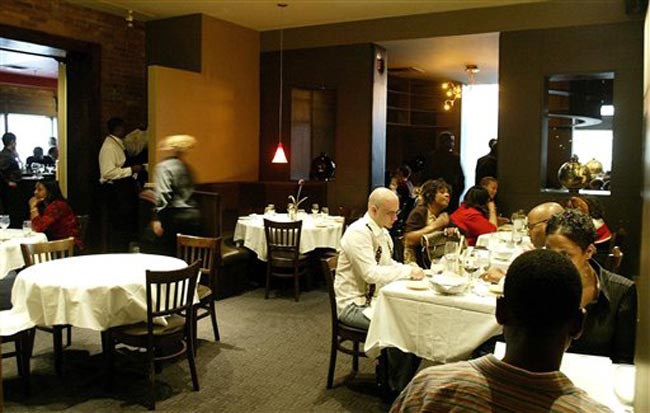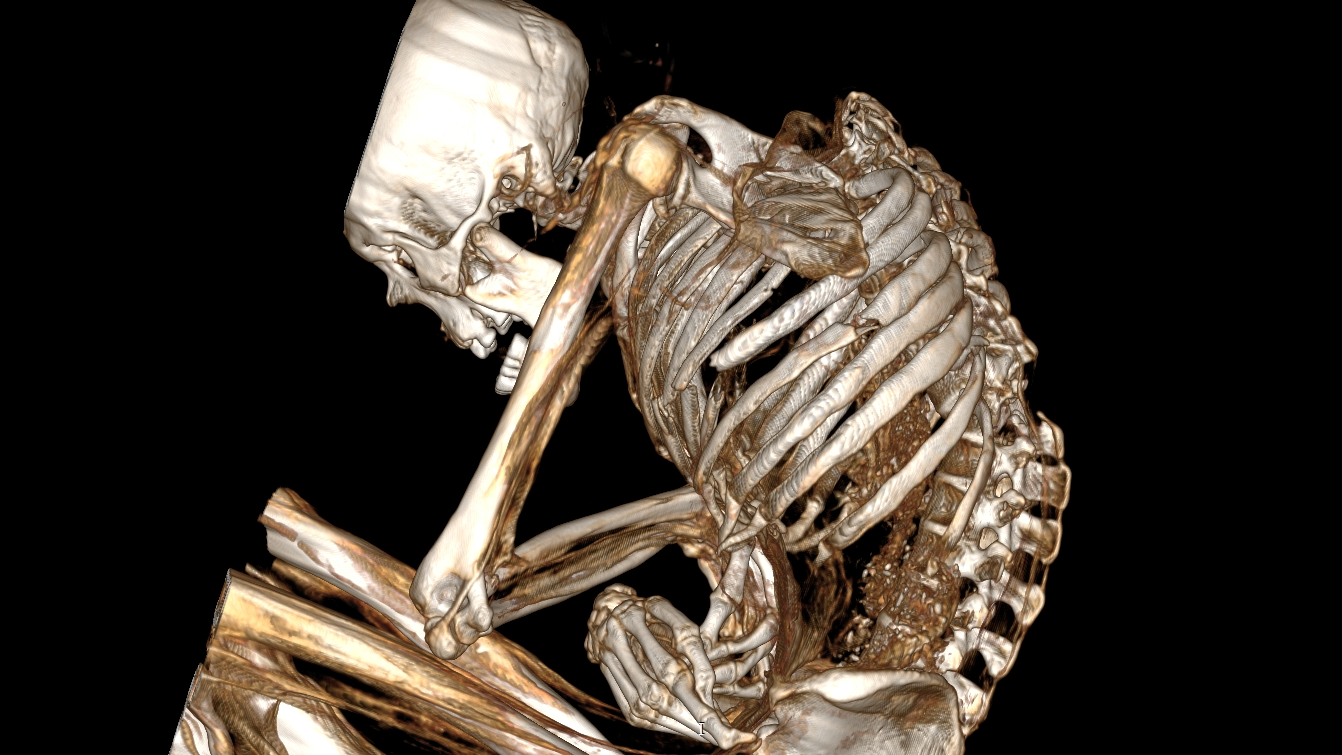Check, Please! What Diners Really Want

Restaurant-goers are a picky crowd, requiring more than just tasty fare to satisfy them. A new study finds that dirty menus and waiting for the check could be just as critical to a diner's overall experience.
The research, published in a recent issue of the journal Hospitality Management, revealed five factors that influence the dining experience of consumers, based on several interviews with experienced restaurant customers in two cities in Norway. Tops on the list: taste, followed by decor, service, the company and the atmosphere.
Norwegians get annoyed waiting for the check, the study found.
But an informal poll of stereotypically go-go New Yorkers finds they want to linger before the server slaps down the check.
"Generally [the check] comes too fast," said Ariyele Ressler, while sitting in Union Square Park in New York City. "I feel like you're always getting rushed out."
Savory factors
Kai Victor Hansen at the University of Stavanger in Norway and a colleague conducted the customer interviews and used this data along with results from focus groups to develop a five-factor model of what influences a diner's restaurant-meal experience, which includes (in no order):
Get the world’s most fascinating discoveries delivered straight to your inbox.
- Core product—the taste of the food and drink
- Restaurant interior—the look of the premises, such as the furniture, decorations, lamps and napkins
- Service—how the wait staff interacts with one another and the customers; how efficiently the meal is served and the check is delivered
- Company (guests)—whether the customers are having a good time; the reason for the dining (business deal or a birthday celebration); the type of guests (friends or business associates)
- Restaurant atmosphere—the information customers get from their five senses, including sounds from the kitchen or background music, as well as visual cues like the cleanliness and appeal of the menus
Many servers don't realize the importance of the bill-paying situation to consumers, Hansen said, based on his research.
"People agree that if they have to wait too long for the check to arrive, or hassle with the check, they forget the good meal experience," Hansen told LiveScience. "They remember the bad things that happened around the check."
Hansen recommends that restaurant staff understand that a meal is a holistic experience for customers. Waiters and waitresses play a large role in whether diners leave a restaurant with the intention of returning or with an irritated haste.
New York scene
But the European results fail to resonate with an informal LiveScience survey of 48 pedestrians in Manhattan. The majority of the New Yorkers interviewed (28 people, or 58 percent) said they would rather wait around after a meal before receiving the check. Many said the server should wait until asked before approaching the table with the check.
"It's rude to put the check on the table if the customer hasn't asked for it," said Joseph Fea, who works in the restaurant business.
"Definitely, myself and my friends like to wait around," said Ife Vanable. She recalled a recent unpleasant experience at a restaurant in New York City in which the wait staff asked her table to leave or adjourn to the bar to buy drinks.
A total of seven New York City interviewees (about 15 percent) felt their wait-time tolerance depended on context.
"It depends on the situation," said Jessica Wenzell, 25, of New York City. "If I was with clients I'd want the check right away. But if I was with friends at dinner at night, not rushed, I'd rather wait for it."
And 13 people (27 percent) did indeed prefer a prompt meal check, like the Norwegians. "I would rather get it right away," said Jennifer Stanciu. "Sometimes I go to places and they take too long to bring the check."
- Nutrition Quiz
- Top 10 Good Food Gone Bad
- Who Invented the TV Dinner?
Jeanna Bryner is managing editor of Scientific American. Previously she was editor in chief of Live Science and, prior to that, an editor at Scholastic's Science World magazine. Bryner has an English degree from Salisbury University, a master's degree in biogeochemistry and environmental sciences from the University of Maryland and a graduate science journalism degree from New York University. She has worked as a biologist in Florida, where she monitored wetlands and did field surveys for endangered species, including the gorgeous Florida Scrub Jay. She also received an ocean sciences journalism fellowship from the Woods Hole Oceanographic Institution. She is a firm believer that science is for everyone and that just about everything can be viewed through the lens of science.
 Live Science Plus
Live Science Plus





